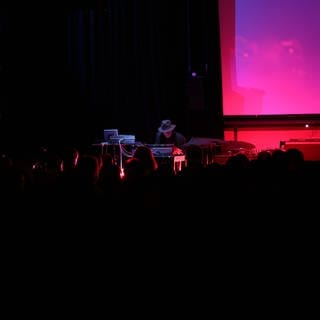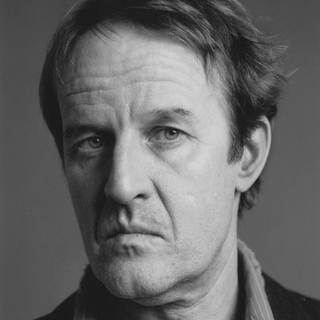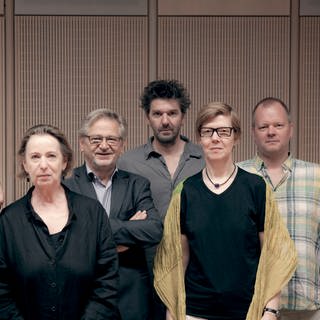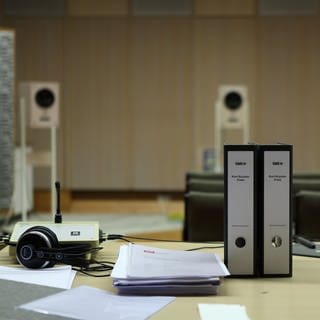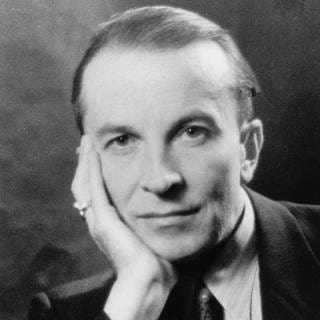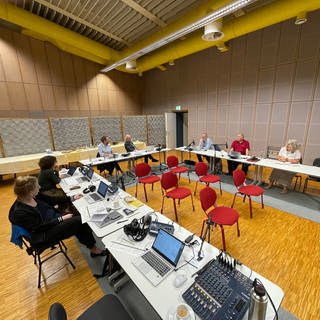No Input Ensemble (Tobias Grothmann, Marnin Jahnke, Daniel Lindenkreuz, Timothy Schmele und Tobias Walter) & 2xC (Christian Claus).
The No Input Ensemble was formed in November 2013 with the aim of transitioning from the experimental nature of No Input Music to reproducible compositions, thereby studying and establishing the mixing console as a musical instrument. "No Input" means: Simple mixing consoles are brought to sound through internal acoustic feedback. In this state, the controls no longer serve their original functions but influence sonic qualities in seemingly unpredictable ways. Only with utmost care can this chaotic system be controlled and thus used musically.
Born in Kassel in 1982, Christian Claus, alias 2xC, moves between sound art and DJ culture, works as a visual artist and occasionally as a journalist. Stations here include Art's Birthday at the ZKM, the ARD Hörspieltage 2013 (Lenz), the BEYOND Festival 2011 in Karlsruhe, contributions to Dokublog and Machete on SWR2 as well as an interview for ZEIT ONLINE in Barcelona.
Timothy Schmele (*1986) studied Music Technology and Electronic Composition in Limerick, Ireland, and Barcelona, Spain. He won, among others, the first and main prize Luigi Russolo 2012 and was funded by both the DAAD and the Phonos-KiiCS Grant. Since 2013, he has been a doctoral candidate at the Hochschule für Musik in Karlsruhe, researching space in sound as a compositional tool.
Tobias Walter (*1988 in Görlitz) received piano lessons from the age of 6 and gained initial stage experience as a pianist in various school projects. After finding his engineering studies too restrictive, he switched to Music Informatics and Musicology at the Hochschule für Musik Karlsruhe in 2012. Working with the No Input Ensemble marks his first electronic project. In his studies, he increasingly delves into cognitive science topics.
Marnin Jahnke (*1991) began piano lessons at the age of 6 and later also learned to play the electric guitar, which he expressed compositionally in various projects. Since 2012, he has been studying Musicology and Music Informatics at the Hochschule für Musik Karlsruhe. His current works focus on developing his own sound generators.
Daniel Lindenkreuz (*1993) has been studying at the Institute for Musicology at the Hochschule für Musik Karlsruhe since 2012. He began playing the piano at the age of 5 and learned to play the organ as part of training as a church musician. Since 2005, he has been involved in producing electronic music. He is currently working on interdisciplinary projects that pursue both artistic positioning and intensive use of modern technologies.
Tobias Grothmann (*1993) received classical instruction in French horn, guitar, and choral singing at a young age but soon found more enthusiasm for computer-generated and electronic soundscapes. Since 2012, he has been studying at the Institute for Music Informatics and Musicology in Karlsruhe, and in his work, he explores, among other things, directly manipulating the visual form of sound waves and working and composing with sound generated solely by analog errors.
